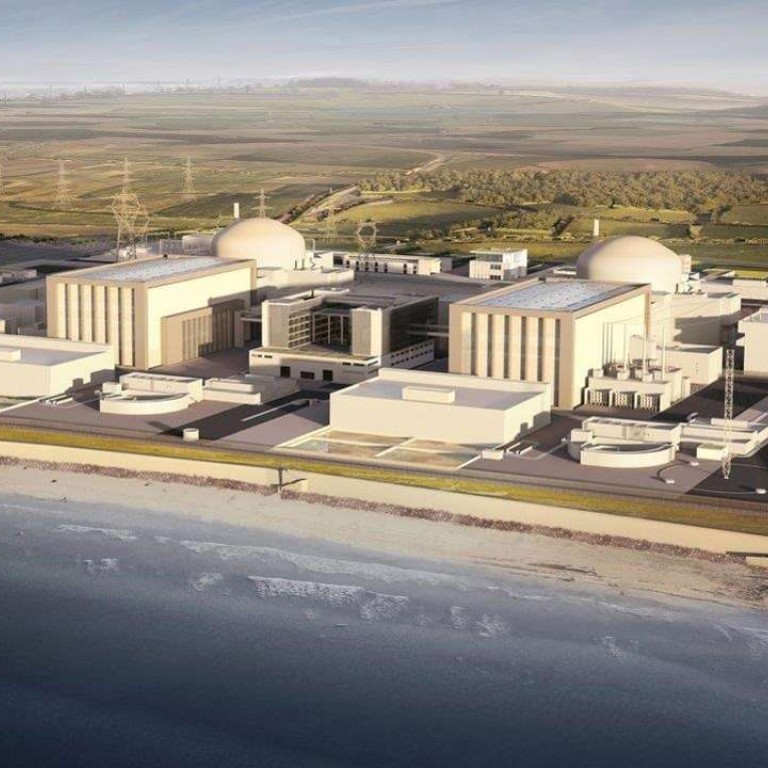
British PM ‘unhappy over gung-ho’ approach to Chinese investment
Theresa May had expressed reservations over the Beijing-backed nuclear power plant before taking office, former colleague says
Theresa May was unhappy with the “gung-ho” approach her predecessor took to Chinese investment in Britain, a former colleague said on Saturday, after the new British prime minister cast doubt on a high-profile Chinese-funded nuclear project.
Britain had been due to sign off on Friday on a plan by France’s EDF to build two new reactors at Hinkley Point, with financial backing from China General Nuclear Power Corporation Group (CGN), in a deal championed by Britain’s then-prime minister David David as a sign of Britain’s openness to foreign investment.
When we were in government Theresa May was quite clear she was unhappy about the rather gung-ho approach to Chinese investment that we had
Instead, just hours before the signing ceremony was due to take place May’s government announced it would review the project again, raising questions over Britain’s approach to infrastructure deals, energy supply and foreign investment.
“When we were in government Theresa May was quite clear she was unhappy about the rather gung-ho approach to Chinese investment that we had,” Britain’s former business secretary Vince Cable told BBC Radio. “As I recall, she raised objections to Hinkley at that time.”
Potential security risks have been cited as a concern about the project in some quarters. Last year, Nick Timothy, who worked closely with May in the past and is now her joint chief of staff, raised concerns about Chinese involvement in Hinkley.
CGN on Saturday said it respected the decision of the new British government to review a nuclear power project in which it would hold a major stake, according to a statement on the company’s microblog.
“We understand, given the importance of the Hinkley Point C programme to England’s future energy security, that the new British government has expressed a need for time to familiarise itself with the programme. CGN understands and respects this,” the company said.
China’s foreign ministry did not answer questions from Reuters, referring further questions to the National Energy Administration (NEA). The NEA did not respond to emailed questions on Saturday.
The plant is estimated to cost around £18 billion (HK$185 billion), and would be contracted for 35 years to sell energy to the British public at £92.50 per megawatt hour, more than twice current baseload power prices. It was to provide an estimated 7 per cent of the nation’s electricity.
The French side is also conflicted about the financial risks given the plant is not expected to start running until 2030. The plans have led to the resignation of an EDF board member who said they were financially risky, echoing the criticism of French unions that said the project jeopardises the survival of the company.
CGN was set to hold a 33 per cent stake in the plant, a deal presided over by President Xi Jinping and Cameron, part of a cooperative package designed to usher in a “golden era” of Sino-British friendship.
It would have marked the first project investment by a Chinese nuclear firm in a developed economy, but security services warned that the deal could give Beijing access to computer systems that would allow it to shut down or sabotage the plant.
The deal was supposed to pave the way for CGN to lead another project in Britain at Bradwell in which Chinese nuclear technology would be used.
“CGN is already prepared, together with the strategic partner EDF, to continue pushing forward this programme, to give England safe, reliable and sustainable power,” CGN said in its statement.

